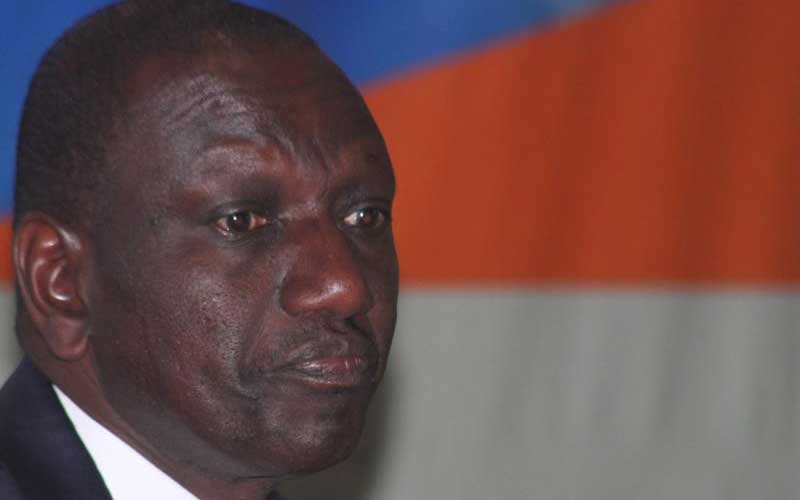×
The Standard e-Paper
Stay Informed, Even Offline

Deputy President William Ruto (pictured) has never hidden his desire to become Kenya’s president. Ahead of the chaotic 2007 elections, he was one of the ODM luminaries who shelved their ambitions to support their party leader Raila Odinga. They lost to PNU’s Mwai Kibaki, even though controversially.